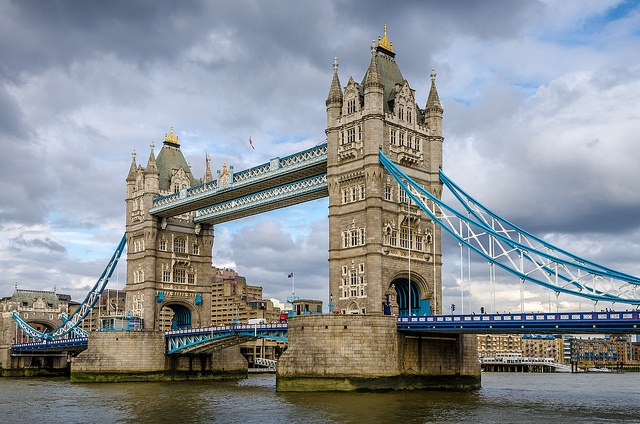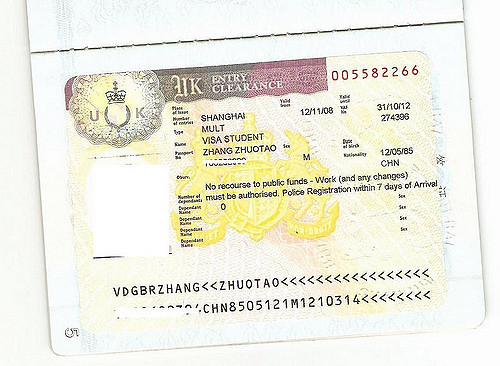New UK visa rules are now in effect that make it easier for Tier 4 student visa holders to switch to a Tier 2 (General) visa. A raft of rule changes enforced on January 11 2018 allow Tier 4 visa students to file an application to switch to a Tier 2 visa immediately upon completion of a degree course without having to wait for their exam results.
Topical:





